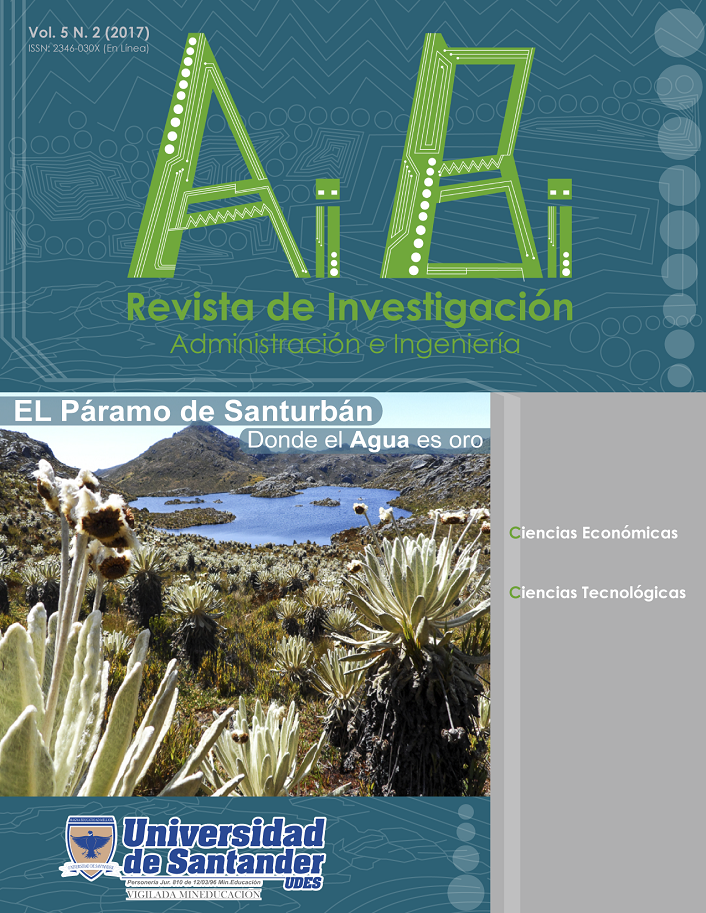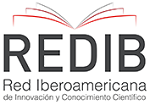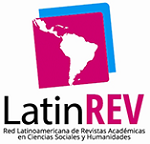Learning in the digital age. Perspectives from the main theories.
DOI:
https://doi.org/10.15649/2346030X.439Keywords:
Connectivity, Theories of Learning, Social NetworksAbstract
At every moment, millions of people are connected to the internet, a network that due to its innocuousness has become a
powerful medium that makes it possible for an increasing number of people to access their resources, almost unlimited, being able to consider
them as a cultural context with social practice, because all these emerging relationships produce a great proliferation of groups of interests and
common characteristics and presence in various fields, the so-called social networks, which have generated concern and varied opinions of the
various academic disciplines. Trying to understand the phenomenon of learning in this digital age, from the perspectives given by the main
theories of learning, is not possible, it can be established that they lack two basic elements: technology and interactivity, which are
incorporated by the new paradigm of learning called Conectivismo based on the connections and the ecology of networks, which allows to
better understand this phenomenon. This analysis is presented from the perspective of the main theories of learning and of some contexts
typical of these emerging environments. In spite of finding diverse opinions that show some problems in terms of the construction of
specialized knowledge, the truth is that it is evident that these new environments foster and generate collaborative learning.
References
Gagné, R. (1987). Las condiciones del aprendizaje. México: Interamericana.
Schmeck, R. (1988). Individual differences strategies. New York: Academic Press.
Schunk, D. (1991). Learning theories. An educational perspective. New York: McMillan
Bigge, M. (1997). Teorías de aprendizaje para maestros Edición 15ª ed. Publicación. México, D.F.: Trillas.
Driscoll, M. (2000). Psychology of Learning for Instruction. Needham Heights, MA, Allyn & Bacon.
Siemens, G. (2004). Conectivismo: Una teoría de aprendizaje para la era digital.
Shuell, T. J. (08 de 06 de 2010). Toward an Integrated Theory of Teaching and Learning. Educational Psychologist , 291-311. Recuperado el 13 de 07 de 2017.
Esteve, F. (2016). Bolonia y las TIC: de la docencia 1.0 al aprendizaje 2.0. La cuestión universitaria, 2016, 5, 58-67.
Bruner, J. (1998). Cognitivismo existencial. Cambridge university Press, New York.
Kerchkove, de D. (1999). Inteligencias en conexión: hacia una Sociedad de la web. Barcelona: Gedisa.
Cristakis, N.A. y Fowler, J.H (2010). Conectados. Madrid: Santillana ediciones general.
Garcia Aretio, L. Coord. (2007). De la educación a distancia a la educación virtual. Barcelona: Ariel.
Sigales, C. (2002). El potencial interactivo de los entornos virtuales de enseñanza y aprendizaje en la educaciona distancia. Disponible http://www.uoc.es/esp/art/uoc/sigales0102imp.html
Lozano, A. y Brugos, J.V (comps.), (2007). Tecnología educativa. México: Limusa.
Zañartu, L. (2002). Aprendizaje colaborativo: una nueva forma de dialogo interpersonal y en red. Quadersn Digital, 27.
Rheingold, H. (1993). The virtual community. Extraido el 30/11/2017 de: http://www.rheingold.com/vc/book.
Carr, N. (2010). The sallowns. What the internet is doing in our brains. Madrid: Santillana ediciones generales.
Downloads
Published
How to Cite
Issue
Section
Altmetrics
Downloads
License
The journal offers open access under a Creative Commons Attibution License

This work is under license Creative Commons Attribution (CC BY 4.0).












